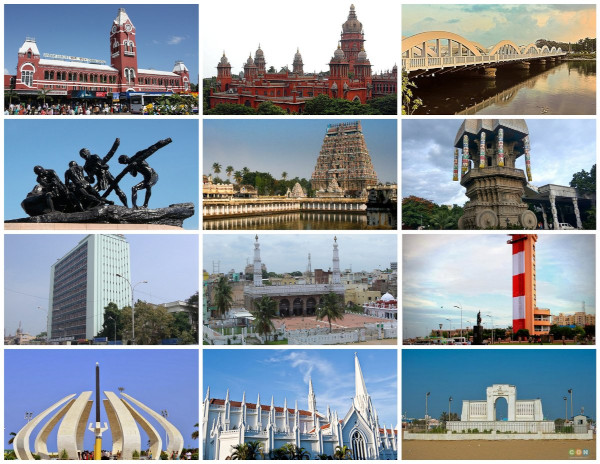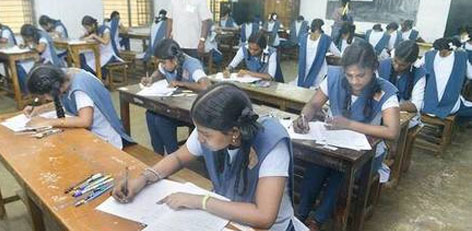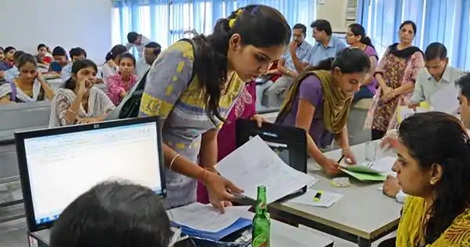No. of views : (2058)
PwC-FICCI report: Manufacturing Barometer
Posted on: 10/Jan/2019 11:02:02 AM

India Inc. is upbeat about the future of the Indian economy as growth is to be driven by strong domestic demandand an increased focus on export markets. According to the 5th edition of the PwC�FICCI India Manufacturing Barometer: Building Export Competitiveness survey launched today, over 7% growth in GDP in the next 12 months looks achievable, and is aligned with the views of institutions such as the World Bank or IMF. Key factors driving this confidence include strong public sector driven infrastructure development, easing out of business and regulatory processes, and opening up of FDI in several sectors, including simplification of FDI rules for large investments.
About 76% of respondents were optimistic about the prospects of the Indian economy for the coming year, representing a significant jump over last year (63%). Most also believed that India has the potential to grow at an average rate of 7% or more in the next 12 months.
This optimism also reflects on the growth prospects of sectors surveyed, where 74% of CXOs believe that the growth rate of their industry would be faster in the coming 12 months. This could be attributed to the expanding domestic market, complemented by emerging industry trends such as digitisation and automation, improvement in ease of doing business, increasing spend on R&D activities, and infrastructure development.
GST has played a prominent role in boosting the Indian economy and 66% CXOs believe that introduction of GST will help attract foreign and domestic investments across new locations.
BimalTanna, Partner& Leader, Industrial Products, PwCIndiasaid: �The industry is expecting faster growth going forward due to Government�s focus on ease of doing business and introduction of reforms such as GST. While the domestic market has been the main revenue source, in the future, exports will have a major role in promoting sector growth, both with component as well as end product trade. The industry is also hopeful that Government creates an ecosystem to make export growth more sustainable. Further, another positive for the sector is that industry is laying even greater emphasis on technology integration with renewed focus on R&D and innovation.�
Currently for India Inc. domestic sales are the dominant source of revenues; however, 85% of business leaders anticipate an increase in turnover from global demand in the future, further contributing to the economic growth of India. While domestic demand has been driving manufacturing in the country, going forward, business leaders expect global demand to play a larger role in stimulating the expansion of the manufacturing industry in India and spurring future sales of their companies
India Inc. is extremely positive on the growth of exports in the coming 5 years with over 80% echoing the same. The three key factors that are expected to be responsible for this include quality advantage, cost advantage and non-availability y of products in the target markets. While only 5% of the respondents witnessed a decrease in import share of their raw material and components over the past 5 years, an impressive 35% were optimistic about decreasing import share in the near future. An increase in domestic sourcing is seen as a positive sign for domestic manufacturing, which would eventually translate to economic growth and employment generation.
PuneetDalmia, Chairman, FICCI Manufacturing Committee and Managing Director, Dalmia Cement Bharat Limitedsaid: �As global trade has changed significantly in the last few years with new trade routes based on Global Value Chains(GVCs), we need to provide Indian exporters the opportunity to contribute to align with these global value chains.I am sure India can globally lead in exports in number of sectors like textiles, automotive, chemicals, leather, metals and many more.�
With India aspiring to become a USD 5 trillion economy in the next few years, with manufacturing contributing USD 1 trillion, backward integration with global value chains and increased use of technology would be required to increase export competitiveness of India�s manufacturing industry. Further,to make export growth more sustainable, the industry requires an ecosystem that promotes manufacturing competitiveness and facilitates the production of goods of global quality standards at competitive prices. Stronger economic relations with focus countries in target sectors will enable the development of competitive supply chains beyond Indian borders.
Post your requirement - We will connect with the right vendor or service provider








